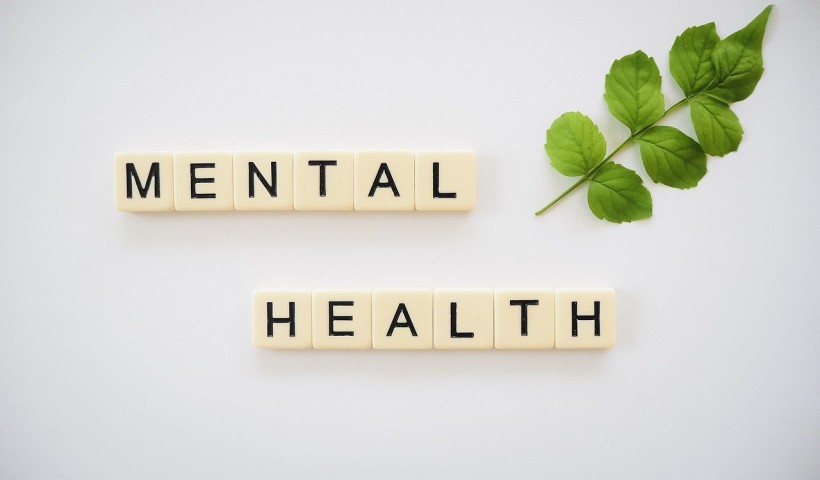A mental illness is a health problem that affects a person's thoughts, feelings, or behaviour (or all three) and causes them to feel distressed and unable to function. Mental illness, like many diseases, can be severe in some cases and minor in others. Mentally ill people don't always appear unwell, especially if their sickness is mild. Other people may exhibit more overt symptoms including bewilderment, agitation, or withdrawal. Depression, schizophrenia, attention deficit hyperactivity disorder (ADHD), autism, and obsessive-compulsive disorder are just a few examples of mental diseases. There are many ways to improve your mental health including but not limited to taking the help of science. a scientific approach to psychology is called psychopathology. Psychopathology refers to the study of mental disease or mental suffering, as well as the expression of behaviours and experiences that may indicate mental illness or psychological disability.
In this sense, psychopathology is all about delving into mental health issues, such as how to recognise them, classify them, and treat them. As a result, psychopathology encompasses everything from study to therapy and everything in between. It will be simpler to identify effective therapies if we can better understand why a mental problem arises. In a nutshell, this field is concerned with the study of mental health issues in depth. Psychopathology is the study of the same principles within the field of mental health, much as pathology is the study of the nature of disease (including origins, development, and effects) (or illness).
The majority of mental diseases are caused by a combination of factors. Instead, they are caused by a range of risk factors. You are more likely to acquire a mental disease if you have more risk factors. Mental disease can develop gradually in some cases. Sometimes it doesn't show up until a stressful incident occurs. There are several risk factors and triggers, but here are a few that come to mind:
● The chemistry of the brain. An imbalance of natural substances in your brain and body causes mental disease.
● Environment. You're more prone to acquire a mental disease if you live in a stressful atmosphere.
● Childhood adversity. Things that happened to you as a child might have an influence later in life, even if you are no longer in a stressful situation.
● Stressful occurrences, such as the death of a loved one.
The Final Word
After reading this article, now you know everything that is related to mental health including but not limited to how science helps to improve our mental health. Having social ties is connected to greater mental health in general. Maintaining connections on Facebook and other social networking platforms, on the other hand, can be difficult. According to some studies, seeing other people's upbeat status posts might make people feel worse about themselves. These findings show that restricting your buddy list to persons with whom you have a close relationship might help you avoid seeing a constant stream of cheerful status updates from people who appear to have ideal lives.
* This is a contributed article and this content does not necessarily represent the views of sciencetimes.com














![Venus Lost Water and Dried Out Due to Chemical Reaction HCO+ Dissociative Recombination [Study]](https://1721181113.rsc.cdn77.org/data/thumbs/full/53493/258/146/50/40/venus-lost-water-and-dried-out-due-to-chemical-reaction-hco-dissociative-recombination-study.jpeg)
